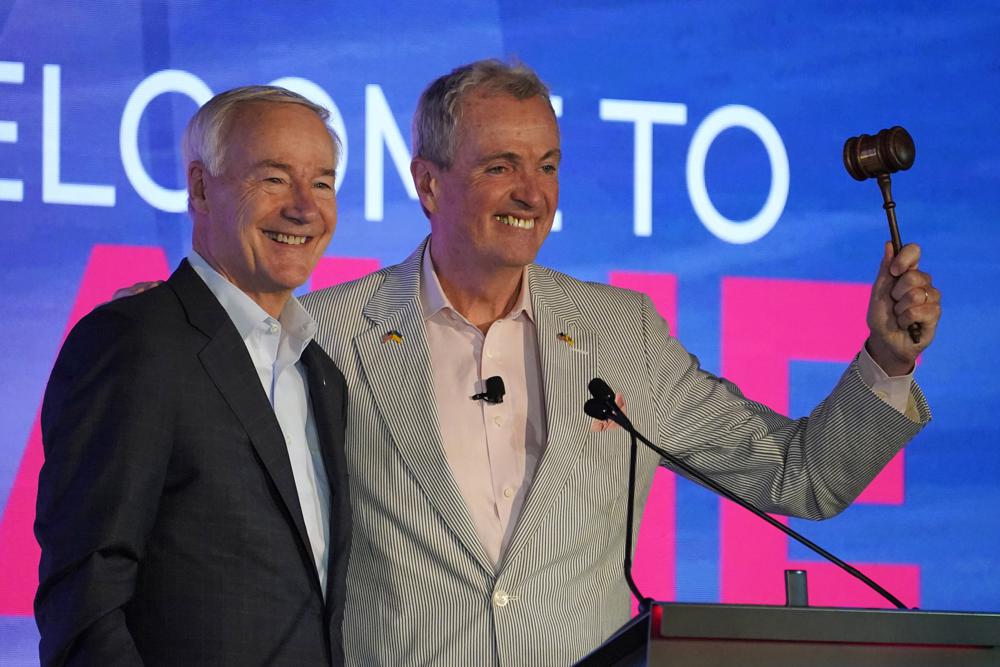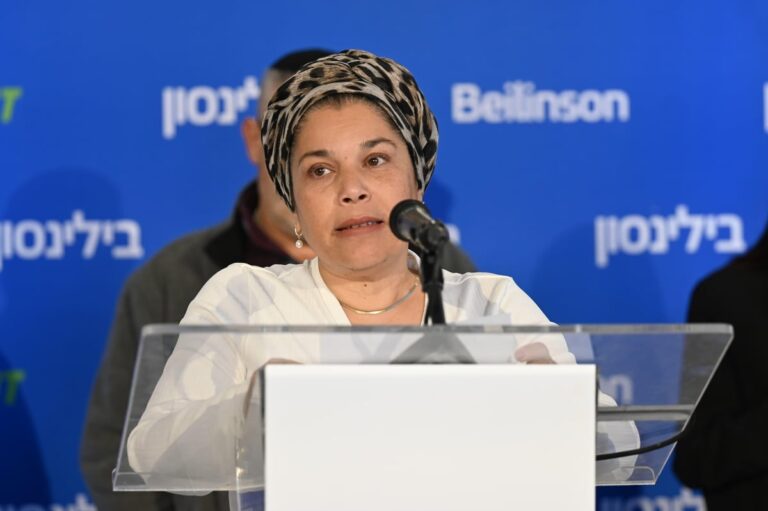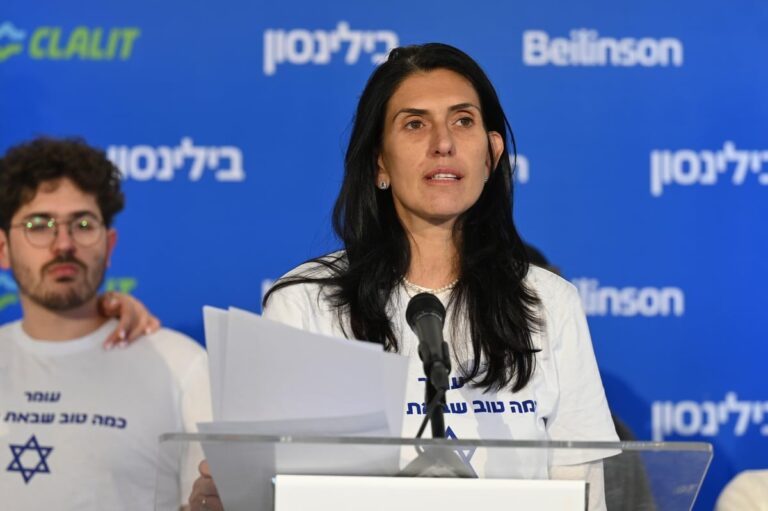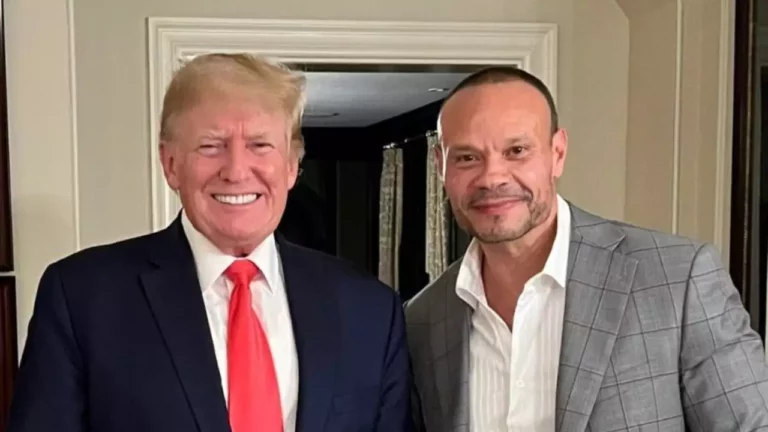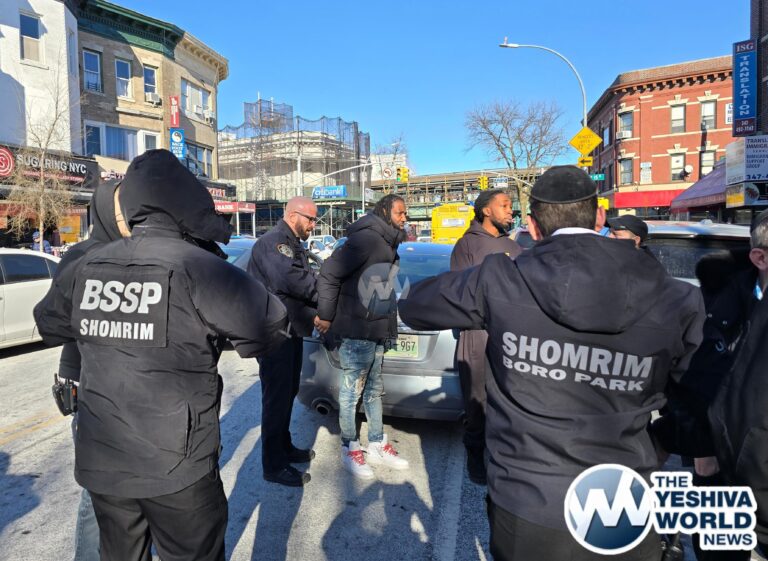Democratic Gov. Phil Murphy of New Jersey took over as the leader of the nation’s nonpartisan governors’ association on Friday in a time of deep divide between the states over issues such as abortion and gun control.
Murphy took the reins as chair of the National Governors Association from departing head Asa Hutchinson, the Republican governor of Arkansas. Murphy will be tasked with fostering bipartisanship among members of the organization while some of them, such as California Democratic Gov. Gavin Newsom and Florida Republican Gov. Ron DeSantis, are publicly feuding with each other.
The states are also in the midst of an era of state-against-state legal battles over abortion access. The association meeting was held in Maine, where Democratic Gov. Janet Mills has signed an executive order prohibiting state agencies from cooperating with other states’ investigations into abortions. Hutchinson has signed off on a near-total ban of abortion for his state.
Members of the association sounded a cooperative tone at the meeting, and Murphy encouraged members to prioritize working together.
“I do not expect over the course of the next year we are going to take our hats off as Democrats and Republicans,” Murphy said. “Remember that we are partisans third, governors second and Americans foremost.”
The National Governors Association also appointed a new vice chairman, Republican Utah Gov. Spencer Cox. The previous vice chair was Murphy. Cox also acknowledged the need for less partisan bickering.
“We fight about some really stupid (expletive) sometimes,” Cox said to applause from the crowd. “My point is our ability to work together means so much more than the things we fight about.”
The meeting was the first of its kind held in person since 2019, before the COVID-19 pandemic. The proper response to the pandemic is one of several issues that has divided governors over the past two years.
The chasm between Democratic and Republican states has recently been widened by U.S. Supreme Court rulings that have overturned Roe v. Wade and struck down gun restrictions in New York. The agenda at this week’s meeting of the governors avoided such hot-button topics, focusing instead on issues such as computer science education and travel and tourism.
After the meeting was over, Murphy and Hutchinson agreed that some issues, such as abortion laws, will remain polarizing. But both said the states can work together to serve the public interest on numerous other fronts.
“There’s going to be a list of things we’re not going to find common ground on,” Murphy said. “That will never preclude the NGA and its members from finding common ground on the things we do agree about.”
Hutchinson added that members should “do it in the right tone and remember what’s at stake” when confronting divisive topics.
The governors association was founded in 1908 and its members are the governors of the 55 states, territories and commonwealths. This year’s meeting attracted throngs of demonstrators to Portland. Many were criticizing the Roe v. Wade ruling and states that are moving to end or restrict abortion access.
Organizers said 19 governors were confirmed in attendance. DeSantis and Newsom were not among them.
The attendants included some who are well known in their states for working across the political aisle, such as Massachusetts Republican Gov. Charlie Baker and Vermont Republican Gov. Phil Scott. Cox, the Utah governor, has also signaled a willingness to work with Democrats on gun control, despite the fact it would likely meet resistance in his own state.
Other high-profile governors who were not in attendance included Republican Texas Gov. Greg Abbott and Democratic New York Gov. Kathy Hochul. Some with national profiles, including Republican Gov. Larry Hogan of Maryland and Democratic Gov. J.B. Pritzker of Illinois, did attend. Republican Gov. Chris Sununu of neighboring New Hampshire was in attendance.
Mills, the Maine governor, delivered opening remarks at the event. It was the first time the state had hosted the summer meeting since 1983.
Mills is among a group of Democratic governors that has issued executive orders to protect abortion providers and patients. Governors of Colorado, Rhode and Island and North Carolina have made similar moves.
At the same time, several red states placed new restrictions in the wake of the Supreme Court’s ruling. Democratic North Carolina Gov. Roy Cooper, who was in attendance at the governor’s meeting, has said his executive order was about protecting “North Carolina doctors and nurses and their patients from cruel right-wing criminal laws passed by other states.”
(AP)

